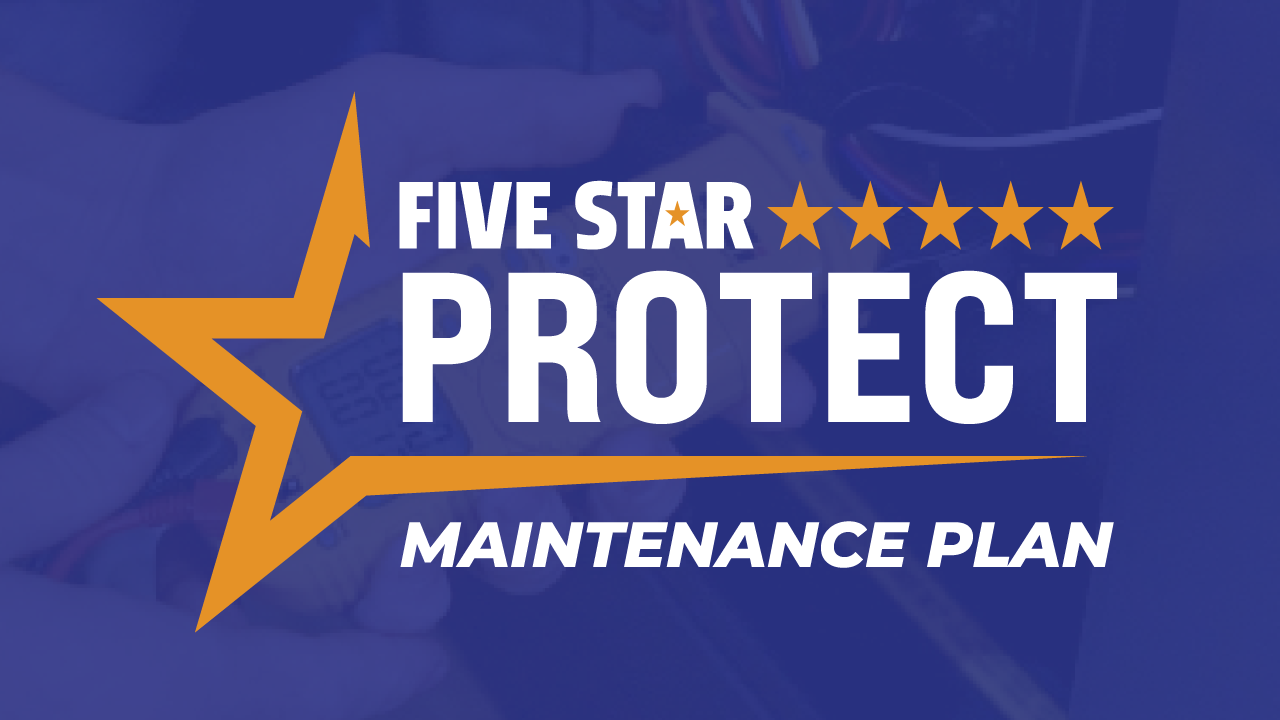Water Softener Installation, Maintenance & Repair Services in Beavercreek, OH
Water softeners are directly connected to residential plumbing systems and major appliances to work together in a seamless way. Using a process known as ion exchange, water softeners extract excess minerals (like calcium and magnesium) from the water supply and this softens otherwise hard water, prevents rust and calcium buildup as well as other problems, which are harsh on pipes, water heaters and other appliances. Water softeners make cleaning the house easier and make the house smell better often. Your water will taste much better, which lengthens the service life of any sort of appliance using your water.
Keep in mind the size of your water softener and other factors can affect your water pressure. If it does, we can help you adjust it to compensate and resolve low water pressure issues caused by water softeners. In any case, when you have an expert like Beavercreek Plumbing & Drain install your water heater, it will last longer than doing it yourself as long as you remember to change your water filters when necessary. Furthermore, regular maintenance of your water treatment system is crucial to ensure its optimal performance and longevity.

Friendly Technicians
The men and women who wear our badge are friendly, respectful, and knowledgable.

24/7 Emergency Services
We're available around the clock, on weekends and holidays, with live phone support available after hours.

We're Licensed & Insured
We are licensed, insured, bonded, and qualified to work on gas lines and other dangerous equipment.
How Water Softening Systems Work
Water softeners are essential appliances that work to alleviate the issues associated with hard water by removing excess minerals such as calcium and magnesium. They operate through a process known as ion exchange, which occurs within a tank filled with resin beads. As hard water flows through the tank, the resin beads attract and capture the positively charged calcium and magnesium ions, effectively removing them from the water. In exchange, the resin beads release sodium ions into the water, resulting in softened water that is free from the harmful effects of hard minerals.
Once the resin beads become saturated with calcium and magnesium ions, the water softener enters a regeneration cycle to recharge the resin. During regeneration, a brine solution, typically composed of salt and water, is flushed through the tank. The high concentration of sodium ions in the brine solution displaces the calcium and magnesium ions on the resin beads, effectively resetting them for another cycle of ion exchange. The displaced calcium and magnesium ions, along with any other accumulated debris, are then flushed out of the system, leaving the resin beads refreshed and ready to continue softening the incoming water.
What is Reverse Osmosis?
Reverse osmosis is a water purification process that utilizes a semi-permeable membrane to remove impurities and contaminants from water. During reverse osmosis, water is forced through the membrane under pressure, while impurities such as dissolved minerals, chemicals, and microorganisms are left behind. The membrane’s microscopic pores allow only water molecules to pass through, resulting in purified water on one side of the membrane and concentrated contaminants on the other.
Reverse osmosis systems typically consist of multiple filtration stages, including pre-filters to remove larger particles, activated carbon filters to absorb organic compounds and chlorine, and the semi-permeable membrane for removing dissolved solids. The purified water produced by reverse osmosis is often referred to as “permeate,” while the concentrated wastewater containing the rejected contaminants is called “brine” or “reject water.” Reverse osmosis is highly effective in producing clean, great-tasting drinking water and is commonly used in residential, commercial, and industrial settings to improve water quality and safety.
Benefits of Water Treatment & Reverse Osmosis Systems?
Discover the numerous advantages that come with investing in water treatment and reverse osmosis systems for your home.

Improved Water Quality
Water treatment systems, including reverse osmosis systems, effectively remove contaminants such as sediment, chlorine, lead, bacteria, and other impurities, providing you with cleaner, safer drinking water.

Better Taste and Odor
By removing unpleasant tastes and odors from tap water, water treatment systems enhance the overall taste and smell of your drinking water, making it more enjoyable to consume and use for cooking.
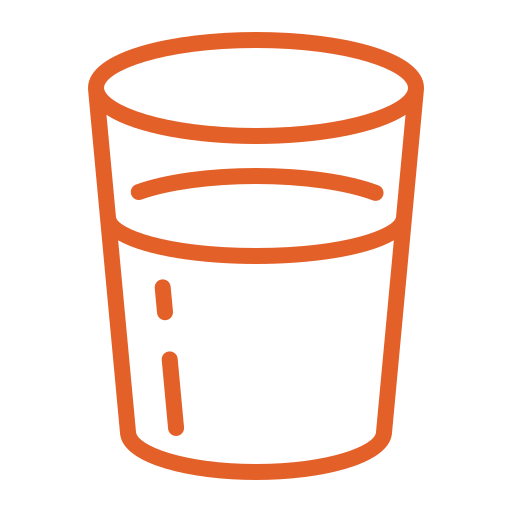
Healthier Drinking Water
Eliminating harmful contaminants ensures that your family has access to healthier drinking water, reducing the risk of waterborne illnesses and potential long-term health effects associated with consuming contaminated water.
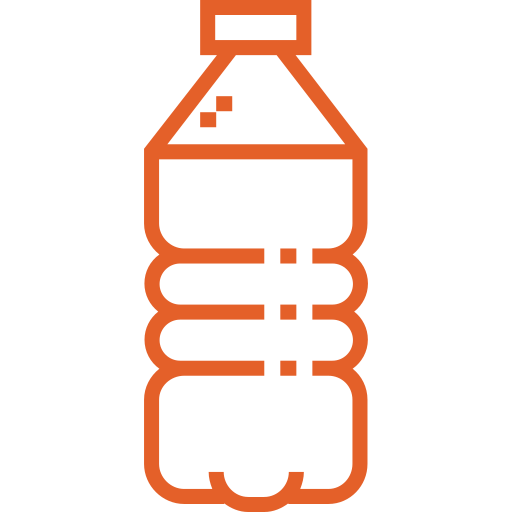
Reduced Need for Bottled Water
With high-quality water readily available from your tap, you can significantly reduce or eliminate the need to purchase bottled water, leading to cost savings and a reduction in plastic waste.
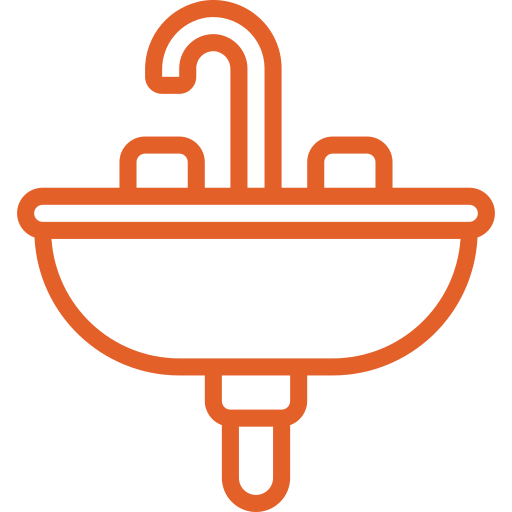
Extended Lifespan of Plumbing Fixtures and Appliances
By preventing mineral buildup and corrosion, water treatment systems help prolong the lifespan of plumbing fixtures, water-using appliances such as dishwashers and washing machines, and water heaters, reducing the frequency of repairs and replacements.

Environmental Benefits
Using a water treatment system reduces the environmental impact associated with bottled water production, transportation, and disposal, contributing to conservation efforts and promoting sustainable water usage practices in your household.
Frequently Asked Water Softener Questions
At Beavercreek Plumbing & Drain, we’re dedicated to finding a solution for our customers so they can live in comfort. If you have any questions, give us a call at (937) 404-6575.
What is a water softener?
A Water Softener is a filtration system that works to remove high concentrations of calcium and magnesium that cause hard water. When water flows through a water softener, the system filters out these hard water minerals, and the softened water then leaves the water softening system to flow through plumbing.
What is hard water?
When water is referred to as ‘hard’ this means that it contains more minerals than plain water. These are especially the minerals calcium and magnesium. The degree of hardness of the water increases, when more calcium and magnesium dissolve. Magnesium and calcium are positively charged ions. Because of their presence, other positively charged ions will dissolve less easily in hard water than in water that does not contain calcium and magnesium. This is the cause of the fact that soap doesn’t really dissolve in hard water.
How often should one add salt to a softener?
Salt is usually added to the reservoir during the regeneration of the softener. The more often a softener is regenerated, the more often salt needs to be added. Usually, water softeners are checked once a month. To guarantee a satisfactory production of soft water, the salt level should be kept at least half-full at all times.
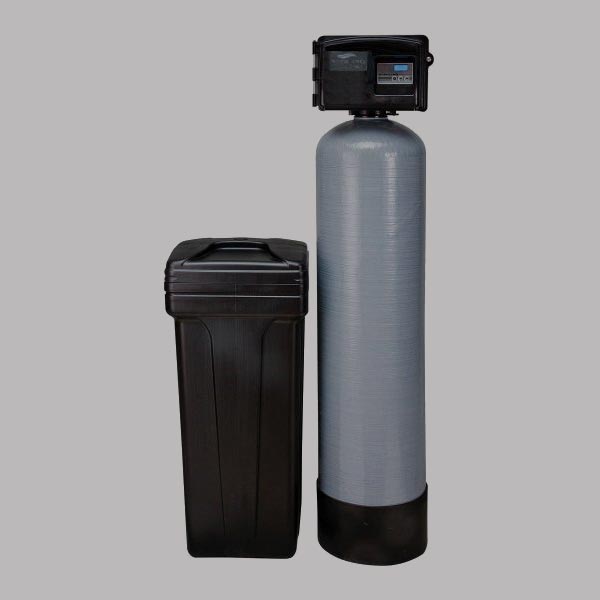
All the Plumbing Services You Need in Beavercreek, OH
We are available 24/7 with emergency plumbers near you on call 365 days a year, including holidays. Beavercreek Plumbing & Drain is your trusted, family-owned local plumbing company, serving all your plumbing needs in the Greater Dayton area. We offer expert plumbing assistance with for all types of plumbing repairs, plumbing inspections, excavation work, winterization, pipework, water heaters, sewer repairs, leak detection, drainage work, emergency plumbing repairs, and more!
Whether you’re looking for toilet repair, faucet repair, sink repair, shower repair, dishwasher repair, garbage disposal repair, water heater repair or pipe repairs, we can help. We also help with drain problems, pipe problems, drain cleaning, sewer lines and excavation, sump pumps, toilet clogging, toilet over flooding, plumbing installations, washing machines, water damage cleanup & more!
Get a Free Plumbing Estimate in Dayton, Ohio
Whether your drain is clogged, you have a leak, or simply need help with your sump pump or septic system, it’s important to hire an experienced plumber that can do the job efficiently. As a local, family-owned and operated plumbing company, your friends at Beavercreek Plumbing & Drain are trained extensively to handle all types of plumbing emergencies and plumbing services. Our plumbers are background checked and drug tested. We send out only the best. Each and every plumber on our staff is licensed, bonded, and fully insured. This allows us to guarantee quality work and offer the highest quality plumbing products at the most competitive prices.













